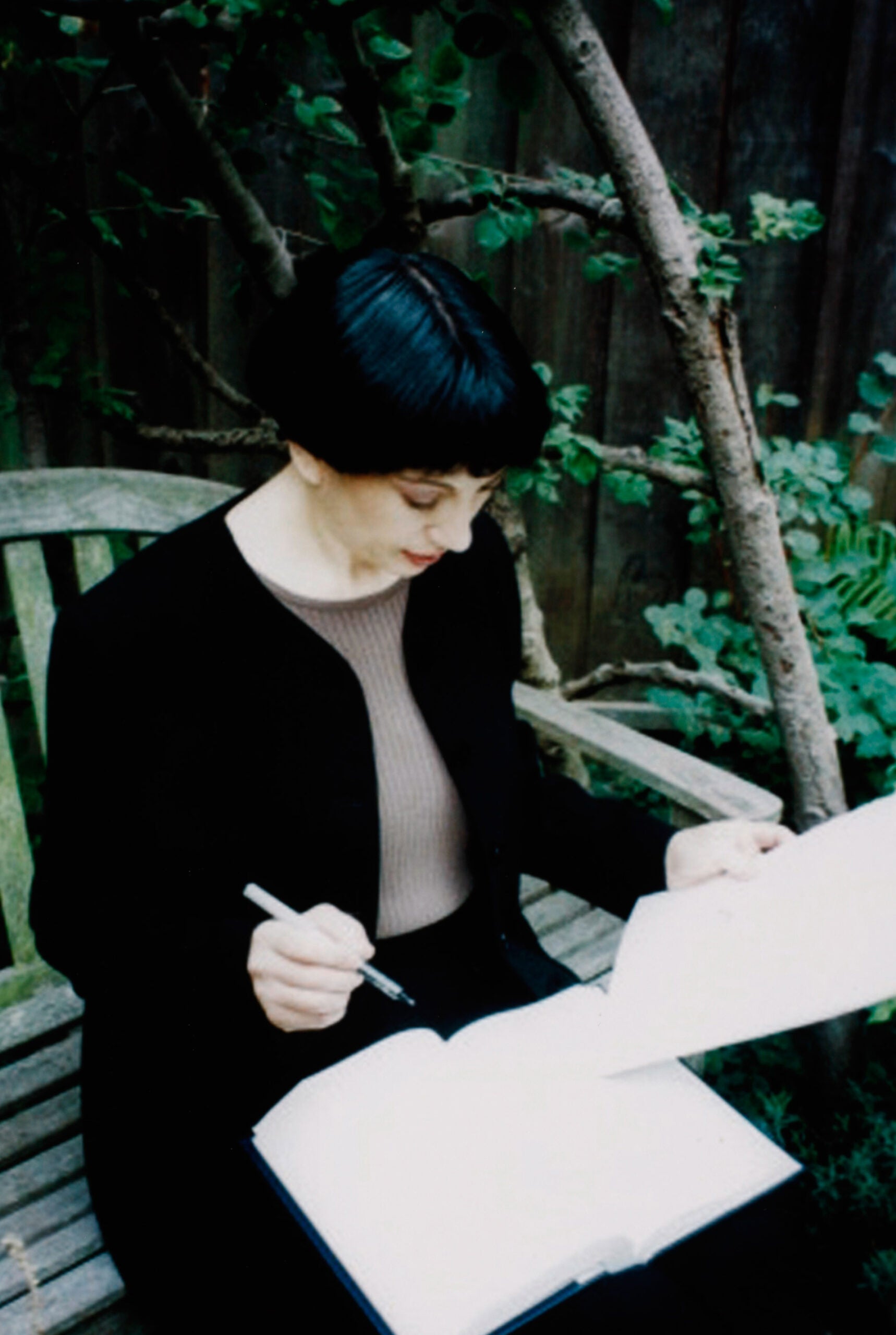When police tear-gassed the giant sea turtle outside the World Trade Organization meeting last November, Katya Komisaruk ’93 sprang into action.
Komisaruk, a self-styled “activist attorney,” had come to Seattle for a brief organizing stint. After the day of peaceful protests and pageantry turned into “a police riot,” she assisted protestors, including some dressed as sea turtles, on the street amid clouds of tear gas, made numerous jail visits, and in the following months helped to represent the 600 activists arrested until only one conviction remained.
Inspired by her success, Komisaruk joined with eight others to form the Midnight Special Law Collective (midnightspecial@
lawcollective.org), a traveling group of attorneys, paralegals, and other activists who offer training in nonviolent demonstration methods and help in defending those who have been arrested. They are writing a civil disobedience “how-to” guide, which they hope the ACLU or the National Lawyers’ Guild will offer to attorneys and legal workers.
The Midnight Special Law Collective’s schedule and budget allow members to attend three to four actions per year, Komisaruk says. The next stop after Seattle was Washington, D.C., to assist protestors who disrupted meetings of the World Bank and the International Monetary Fund. As activists were arrested they deployed “jail solidarity tactics,” invoking their right to remain silent. By not identifying themselves, the 1,300 protestors forced the police to take them into custody. This slows down the legal process, said Komisaruk, “like a boa constrictor swallowing a watermelon.” Charges were dropped and fines reduced to $5 jaywalking tickets.
In August the mobile legal team was based in Los Angeles, preparing activists for civil disobedience at the Democratic National Convention. Fifty lawyers and 500 legal observers were in place, more than in Seattle or D.C. because, Komisaruk said, “this is the Los Angeles Police we’re talking about, after all.” Komisaruk was especially pleased that activists held in jail spoke directly with the prosecutor, convincing him to drop or drastically reduce all charges.
After they complete a stint in Britain studying civil disobedience tactics, collective members will focus on improving the situation of prisoners in the United States; the collective takes its name from the chorus of a Huddie Ledbetter song, which Komisaruk calls “a prisoner’s prayer for freedom.” Komisaruk herself served two years in the federal penitentiary in Spokane, Wash., after being convicted of destroying government property, a computer used to guide nuclear weapons. While she was in prison she attempted to help other prisoners file suits, and she herself applied to HLS and was accepted the week she was paroled.
Komisaruk has already developed a training to teach prisoners their civil rights, which she presented in several San Francisco jails. “It’s been causing quite an uproar: how dare we think that prisoners have the same constitutional rights as the rest of us?” Officials from the city’s Deputy Sheriff’s Association complained that the course taught criminals how to use the criminal justice system to their advantage and portrayed negative images of the police, the San Francisco Examiner reported.
Komisaruk says she actually drafted the curriculum when she was a student at HLS and should have been writing an exam for HLS Professor Charles Ogletree’s course Criminal Justice: Introduction to Advocacy. She proposed he accept the curriculum in lieu of her final. Ogletree ’78 declined, but encouraged Komisaruk in this project and many others. Komisaruk, who now teaches law school students herself, in a course on civil disobedience at UCLA Law School, says her work in civil disobedience was fostered and fed by what she learned from Ogletree and the late HLS professor and former dean James Vorenberg ’51. They gave her the tools to make a difference, and she wants to do the same herself in the classroom, on the street, and in the prisons.
